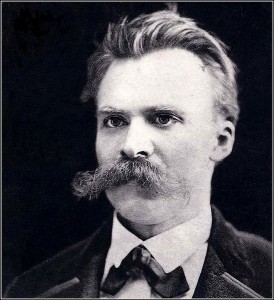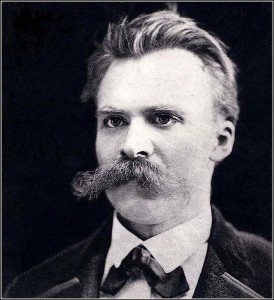 To William Lyon Phelps
To William Lyon Phelps
Hotel Bristol,
Rome. April 16, 1939
Why did Barrett Wendell talk like that? It was not an attempt to be English. He was not an Anglo maniac, as he himself said quite truly. Nobody in England then talked like that. How, then, did he fall into that strange habit? Now, I knew him only slightly, and have to make a hypothesis, but I should explain the matter to myself in this way. Wendell loved New England, but the N.E. before the Revolution. He would have wished to be a Cavalier, all courage and elegance. His speech was a failure as a mark of elegance but it was a success as a proof of courage. Anyhow, it was a profound constant protest against being like other people. He felt he belonged to the London of Beau Brummel; and even in my day there lingered in Boston a faint echo of those days, again not in their elegance but in their mannishness. “Rum and deco-rum!” he exclaimed once in an after-dinner speech: that was all we needed in this world. A horrible pun, but an interesting mixture of recklessness and propriety as an ideal of character. Then, saturated with this pathos of distance, and being warm hearted and affectionate, he was intensely sentimental, yet heroically kept his sentimentality in check, and put up with things as they were. That was his martyrdom. And he married Mrs. Wendell.
. . . I, at the very most, might have said that I was what people would call an atheist or a pessimist. In reality I have never been either. Early Christians were called atheists and Buddhists are called pessimists: that only means that they reject the kind of God or the kind of happiness that the critic is accustomed to conceive. But I believe in the reality of Truth, the denial of which by Nietzsche, James, Dewey and a lot of Evangelicals and Idealists is, according to Lutoslawski, genuine atheism. And I believe in the possibility of happiness, if one cultivates intuition and outlives the grosser passions, including optimism. But this play of dialectic with concepts may seem to you forced. God and happiness seem to you proper names for distinct facts. God either exists or He doesn’t exist. A man is either happy or unhappy. But can you seriously maintain that? The idea of God has infinite shades: even in the Hebrew tradition it is most ambiguous as an idea. It is only as a verbal idol, as a formula in a ritual, that the object is distinct. Would the God of Aristotle be God? Would the God of Royce be God, although avowedly not a power? And how about Brahma, or the God of Spinoza? These things are not so simple, if you stop to think a little.
. . . I heartily agree that old age is, or may be as in my case, far happier than youth. Even physically pleasanter. I was never more entertained and less troubled than I am now.
From The Letters of George Santayana: Book Six, 1937–1940. Cambridge, MA: The MIT Press, 2004.
Location of manuscript: The Beinecke Rare Book Manuscript Library, Yale University, New Haven CT.
